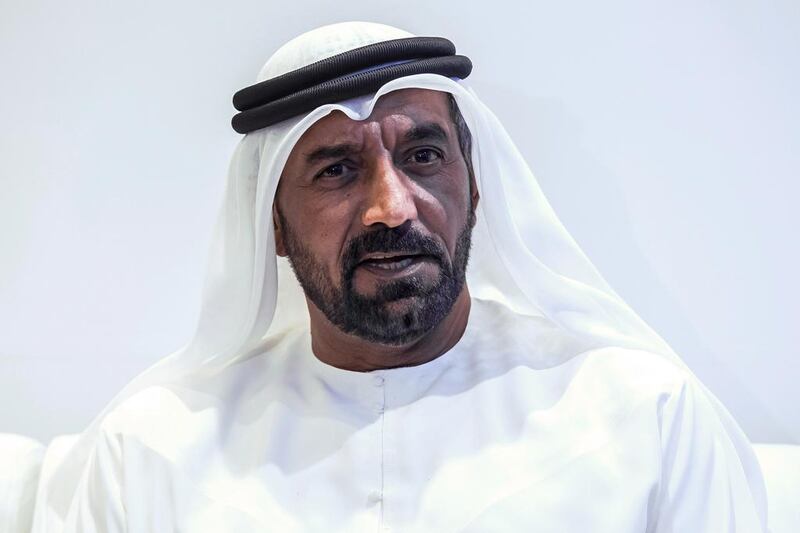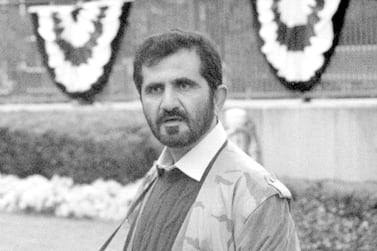Dubai is developing a geo-economic map of the emirate in line with its target to boost investments and planning new initiatives for the e-commerce sector to contribute Dh12 billion to its gross domestic product by 2023.
The Dubai Free Zones Council is working with various government and financial entities to assign economic goals to various areas of the region, aimed at boosting Dubai's non-oil sector, it said in a statement on Saturday.
"The DFZ Council has begun working on a comprehensive geo-economic map of Dubai that will assign economic objectives to each geographical area to advance the economic diversification of the emirate," Sheikh Ahmed bin Saeed Al Maktoum, chairman of the DFZ Council, said.
Dubai Ruler Sheikh Mohammed bin Rashid unveiled his 50-Year Charter for the development of the emirate in January. Among its nine articles, the charter seeks to support business by developing specialised geo-economic zones. Each of these will be independently governed by its own council and headed by a governor who will be responsible for managing and marketing it as well as help it achieve its investment goals.
The charter also includes a proposal to foster "Dubai Silk Road" in co-operation with "friendly neighbours" in order to re-establish the city as a trade hub at the crossroads between east and west, as well as north and south.
Dubai's geo-economic map will support the eight articles of the charter, especially Article 1 that focuses on the silk road initiative, Sheikh Ahmed said.
The DFZ Council is mapping the economic landscape of the city with the help of the Department of Economic Development, Dubai Chamber of Commerce and Industry, Dubai Development Authority, Jebel Ali Free Zone, the Dubai International Financial Centre, Dubai Customs, Dubai Municipality, the World Free Zones Organization and the Ministry of Economy.
The DFZ Council also reviewed the progress of an e-commerce initiative that seeks to increase the contribution of the sector to Dubai’s GDP to a targeted Dh12bn by 2023, it said, without providing a current figure. It is also studying proposed initiatives to boost consumer confidence and reduce the costs of doing business in the e-commerce marketplace, it said.
The initiatives include establishing unified e-commerce regulations, developing comprehensive legislation in line with global standards, supporting startups and SMEs and introducing product registration systems.
The Council is tasked with enabling Dubai’s free zones in becoming a leading global destination for investments and a key contributor to the UAE's strategic goals, according to its website.







